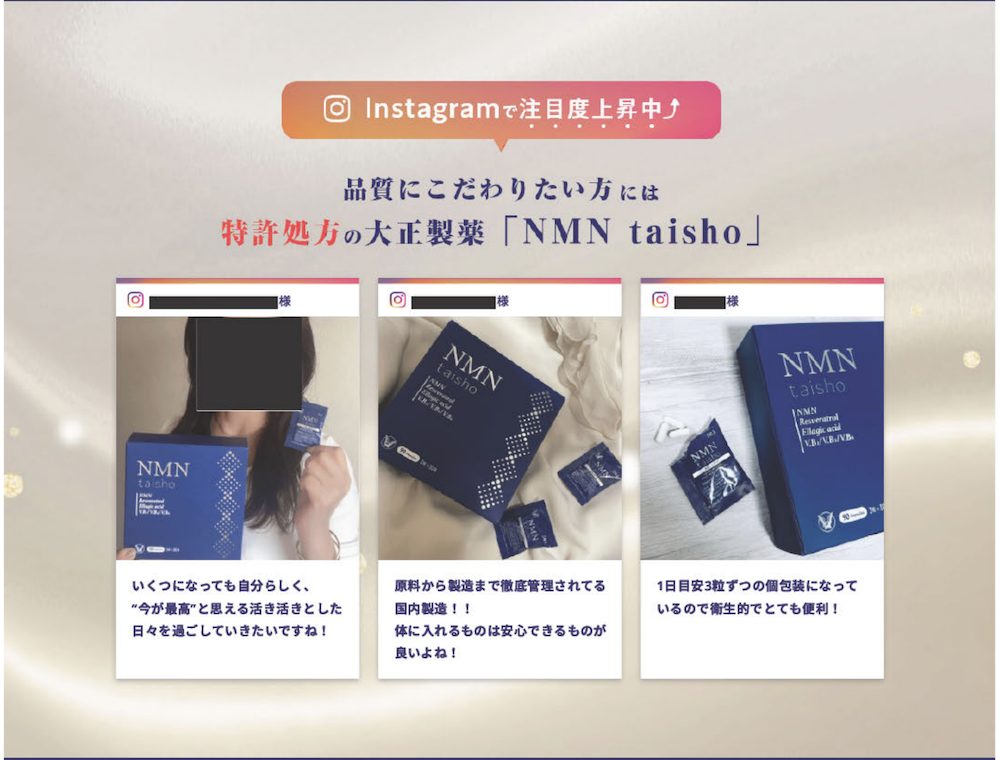Brands all over the world are flocking to the influencer space for help in reaching larger audiences. The same is true for Japanese-focused campaigns, and for good reason. Companies are reporting improved conversion rates and increased sales as a result of Japan influencer partnerships.
However, influencer marketing is not without its pitfalls, especially in Japan with its stringent laws and regulations to protect consumers from misleading messaging. And some brands had to learn this the hard way.
In This Article
Today, we’ll look at some major Japan influencer marketing mistakes, and how you can learn from them to create an airtight campaign.
Case #1: Stealth Influencer Marketing – A Major Trust Violation in Japan
Stealth influencer marketing can be considered a “low-road” style of promotion. Essentially, an influencer employs subtle methods to promote a product or service, without explicitly disclosing a paid partnership. This can be done in a couple ways:
- Strategic product placement – An influencer may display a product prominently in their content in a very natural way that doesn’t come across as pushing for a sale.
- Everyday usage – An influencer may demonstrate a product throughout the course of a video without verbally directing the viewer’s attention to it.
This can be a great way to entice an audience to inquire more organically, but the ethical line here is blurry, to say the very least. Stealth influencer marketing seems like a great workaround for ad fatigue, but consumers – especially those in Japan – value transparency over everything else.
chocoZAP: Stealth Influencer Marketing Gone Wrong
In 2023, Japanese gym chain chocoZAP commissioned influencers to promote its “24-hour access” service. These influencers posted about their experiences using the service on Instagram, but did so as if they were regular customers not being compensated for their reviews, when they had. The gym chain later added these posts to their company website, misrepresenting them as organic testimonials.

To add insult to injury, it turns out that not all of the offered services were always available, with some actually having very limited availability.
The result: Japan’s Consumer Affairs Agency determined that the advertising was a stealth marketing violation, and claims about services were misleading. This led to the brand’s parent company, RIZAP, halting the campaign.
This was a huge lesson, as during this time, influencer marketing in Japan began seeing a major increase in popularity. Brands quickly learned that they need to respect the guidelines put in place, or face consequences.
However, stealth tactics aren’t the only way to land your campaign in hot water.
Case #2: False Claims Lead to Consumer Blowback
Our previous case highlighted how misleading information can be bad enough, especially when dealing with Japanese consumers. Flat-out lies, however, are a different monster entirely, and not always perpetrated by brands.
The ramifications of such an offense can cost you dearly – both literally and figuratively, as our next case illustrates.
Yuiku: A Nightmare-ish Beauty Campaign
Bra manufacturer Yuiku teamed with mega-influencer Tenchim (てんちむ, real name Hashimoto Tenka), who had nearly 2 million followers across social media, to promote a special “night bra” that she claimed helped her breasts grow. Positioning herself as the ultimate testimonial of the bra’s effectiveness, sales skyrocketed, bringing in over 3 billion yen in sales.

Things quickly went south, however, when customers discovered that Hashimoto had undergone breast-enhancement surgery without notifying her followers, or Yuiku. This created a firestorm of backlash at both influencer and brand.
The result: After exchanging lawsuits and countersuits between herself and Yuiku, Hashimoto ultimately was the one who had to pay, owing the manufacturer nearly 400 million yen, and quickly sinking into deep debt.
Yuiku also suffered immense damage to their reputation after refusing to speak on the matter. Meanwhile, some customers reported not receiving a refund after returning the product. This only furthered negative sentiments, with users review-bombing the company on Google.
Case #3: Influencer Compliance Failures Result in Sanctions
Japan’s Unjustifiable Premiums and Misleading Representation Act mandates that brands clearly communicate paid sponsorships between themselves and influencers.
For heavily regulated business sectors like pharmaceuticals, this is especially important, like our next case.
Otsuka Pharmaceutical Co., Ltd.: A Big Brand Influencer Marketing Misstep
Otsuka Pharmaceutical is a major player in Japan’s sports and health drink space, and produces well-known products such as Pocari Sweat, Ion Water and Fibe-Mini. In late 2024, they turned to influencers to endorse their daily, three-pill supplement on Instagram.
Much like the case of chocoZAP, the influencers they hired promoted the products without transparency. Otsuka then reposted these testimonials on its own channels to make them appear organic.

What makes this case more severe than chocoZAP is that this product was packaged as a daily health or wellness supplement. Having influencers endorse it as reliable without proper disclosure is nothing short of reckless.
The Result: Japan’s Consumer Affairs Agency issued an administrative order against Otsuka, officially charging their actions as a stealth marketing violation. As the company was sharing the influencers’ posts, they used phrasing like “Rising in popularity on Instagram,” which was a clear intent to mislead according to the CAA.
The agency ordered Otsuka to cease the campaign, clarify the nature of the messaging, and take measures to prevent any occurrences in the future.
What You Can Learn from Japan Influencer Marketing Failures
When planning influencer campaigns in Japan, make sure disclosures are clear and consistent across all channels. Label all postings with tags like #PR, #広告, or “Sponsored.” This ensures protection for both the brand and the influencer.
While most violations come with a warning for first-time offenders, having to backtrack can delay a campaign and waste budget. Repeat offenses can lead to surcharges or direct fines. Either way, money is lost.
At ICJ, our dedicated influencer marketing team knows the ins and outs of influencer marketing in Japan. Furthermore, we understand the rules and regulations to which we must adhere.
Trust your influencer campaign in the right hands by contacting ICJ.
